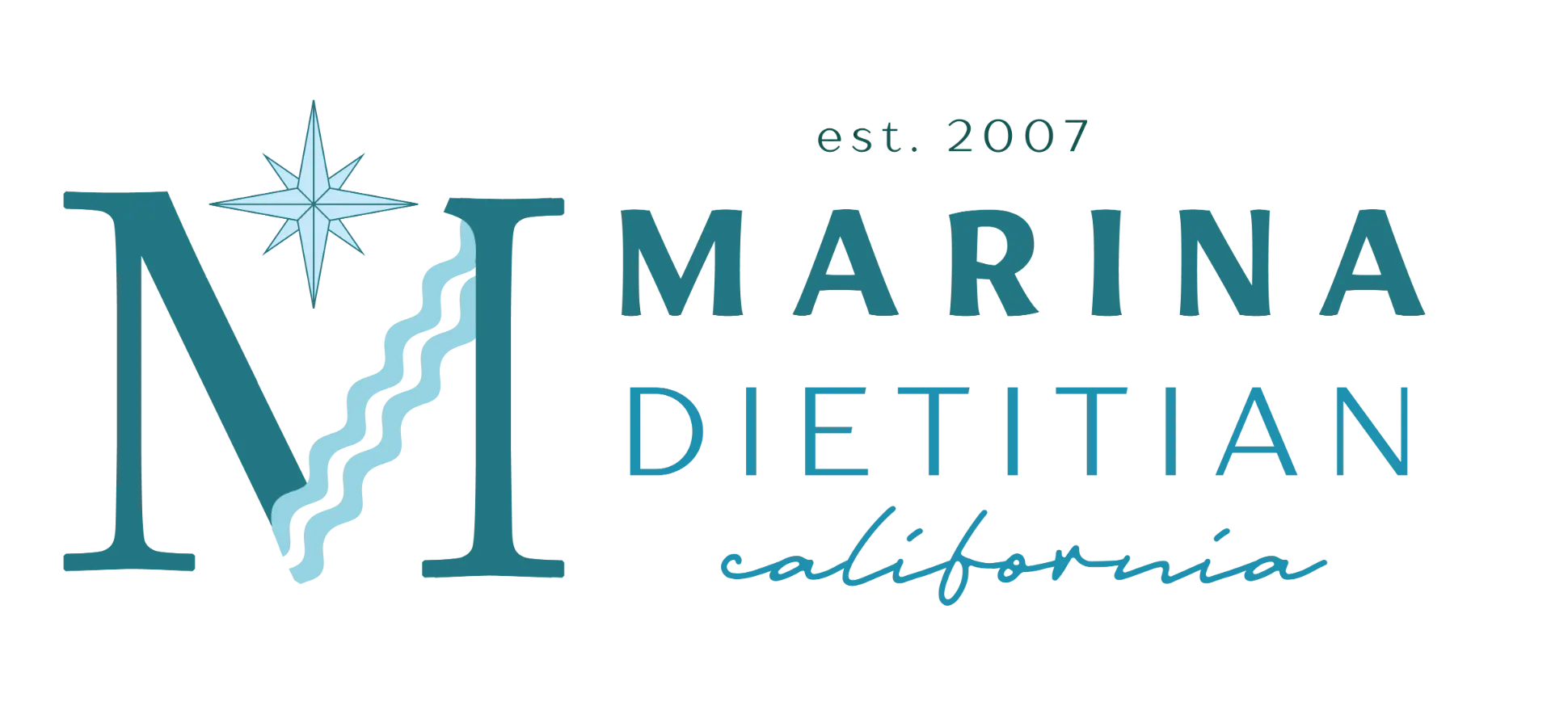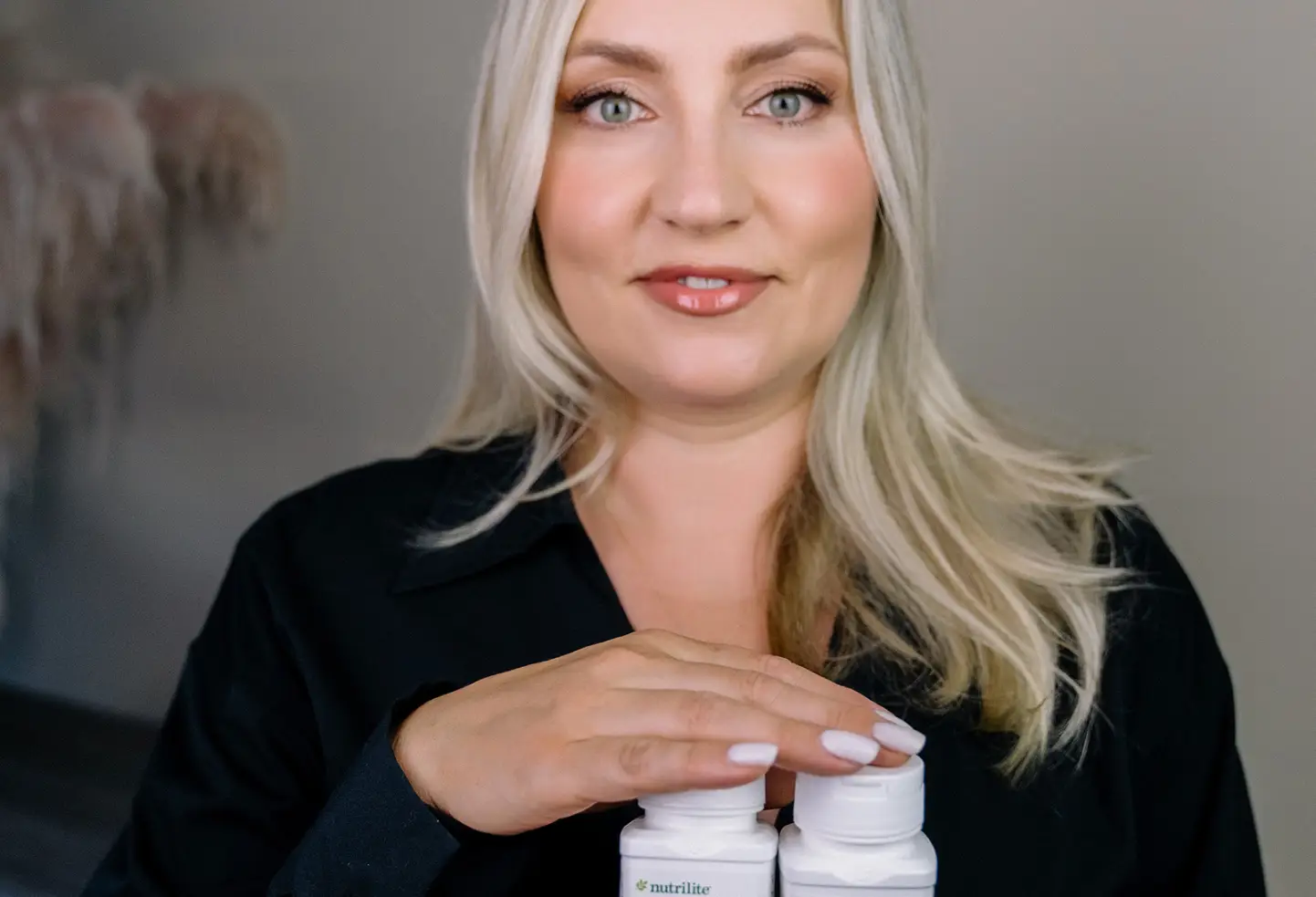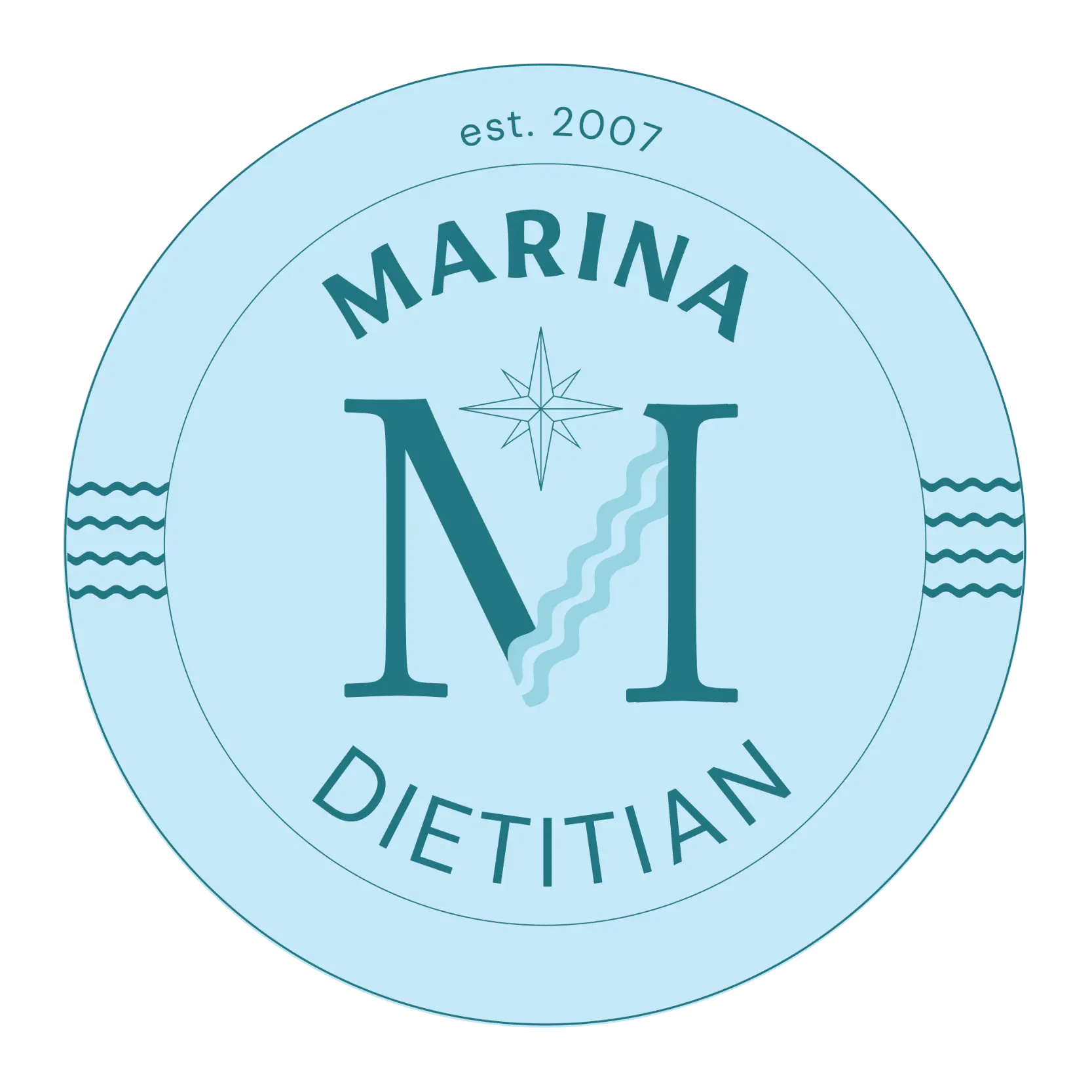Maintaining a healthy diet is crucial for overall well-being. With so much information and conflicting advice on the internet, navigating the world of nutrition on your own can take time and effort. An expert in food and nutrition is a registered dietitian (RD).
In recent years, the Academy of Nutrition and Dietetics (AND) expanded the credential to include “registered dietitian nutritionist” (RDN) to reflect the broader scope of practice and expertise in nutrition. Both RDs and RDNs have undergone the same rigorous education and training requirements and that qualified to provide medical nutrition therapy, dietary counseling, and nutrition education. The choice to use either term often depends on personal preference.
In some states, dietitians are licensed; you will see LD (licensed dietitian) behind their name.
In this blog post, we will explore why it is essential to see a registered dietitian and how their guidance can help you achieve your health goals. Registered dietitians focus on preventive nutrition by promoting healthy eating habits, encouraging physical activity, and addressing lifestyle factors contributing to disease development. They provide education on risk factors, offer strategies for disease prevention, and empower individuals to make sustainable behavior changes. Dietitians can also guide you in treating chronic medical conditions.
Personalized Nutrition Assessment:
Dietitians tailor their recommendations to your unique circumstances. The RD will inquire about your medical history, chronic diseases, allergies, recent blood work, intolerances, dietary restrictions, food preferences, and cultural factors.
Understanding your health background is crucial in tailoring a nutrition plan supporting your needs. The RD will evaluate your dietary intake and identify any nutritional gaps or excessive intakes. Based on the assessment, the RD develops a personalized nutrition plan that addresses your specific needs.
Some individuals prefer to consult a dietitian to answer a few burning questions.
Registered dietitians base their advice on the latest scientific research and evidence-based guidelines. They stay updated on emerging nutrition research and can distinguish between fads and reliable information, providing accurate, trustworthy guidance.
Disease Management and Prevention:
Registered dietitians play a critical role in managing and preventing various health conditions. Whether you have diabetes, heart disease, gastrointestinal disorders, or other chronic conditions, an RD can develop a specialized nutrition plan that helps you better manage your condition, alleviate symptoms, and improve your overall health outcomes. RDs will apply medical nutrition therapy (MNT) to address and treat specific medical conditions. MNT involves using specialized diets, portion control, and specific nutrient recommendations to control symptoms, manage chronic diseases, and improve overall health outcomes by tracking changes in weight, body composition, and blood results. Regular follow-up appointments allow the RD to assess your adherence, address challenges, and provide ongoing support. RDs collaborate with other healthcare professionals, such as physicians, nurses, and pharmacists, to ensure comprehensive care. They work together to optimize medication-nutrient interactions, manage side effects, and coordinate treatment plans.
Wellness management:
A registered dietitian can provide expert support if you seek guidance to prevent chronic disease. They can help you set realistic goals, create a balanced eating plan, and develop strategies for long-term weight maintenance. They may also discuss vitamin and mineral intake, assess nutrition gaps and guide on replacing nutritional deficiencies. By working with an RD, you can learn sustainable, healthy eating habits that promote physical and mental well-being.
They will also consider any challenges or barriers you may face in implementing dietary changes. An RD will explore the lifestyle factors that can impact your nutrition, such as physical activity, sleep patterns, stress levels, and tobacco or alcohol use. These factors provide an essential context for developing a comprehensive plan considering all aspects of your well-being.
Maintaining a healthy weight is critical for disease prevention and management. An RD may help to create a personalized weight management plan that includes appropriate calorie control, portion sizes, and balanced macronutrient distribution. They provide ongoing support, behavioral counseling, and strategies to promote sustainable lifestyle changes.
Nutrition Management Before and After Surgery:
A dietitian can assess your nutritional status and develop an individualized plan to optimize your health before and after surgery. It may involve addressing nutrient deficiencies, ensuring adequate calorie intake, and optimizing hydration levels. Preoperative nutrition optimization can enhance your body’s ability to heal, reduce the risk of complications, and improve surgical outcomes.
Gastrointestinal surgery often involves alteration to the digestive system, which can impact your ability to eat and absorb nutrients effectively. A dietitian can guide you on the dietary modifications required before and after surgery.
Furthermore, a dietitian can provide valuable education and support regarding your nutritional needs throughout the surgical process. They can explain the importance of proper nutrition in promoting healing, offer strategies to manage potential postoperative side effects like nausea, dietary intolerance, diarrhea, and malabsorption, and provide ongoing guidance for a healthy and balanced diet as you recover.
RDs are skilled in providing nutrition education and counseling. They explain the relationship between diet and specific diseases, helping you understand how nutrition impacts your condition. They guide reading food labels, making healthier choices, and practical tips for meal planning, grocery shopping, and dining out.
Seeing a registered dietitian is an intelligent investment in your health and well-being. Their personalized approach, evidence-based recommendations, and expertise in nutrition make them invaluable allies in achieving your health goals. Whether you need assistance with disease management, weight management, athletic performance, or special dietary needs, a registered dietitian can provide the guidance, education, and support necessary to optimize your nutritional intake and foster a healthier lifestyle. Schedule a consultation with me today and embark on a journey toward better health and vitality.





